
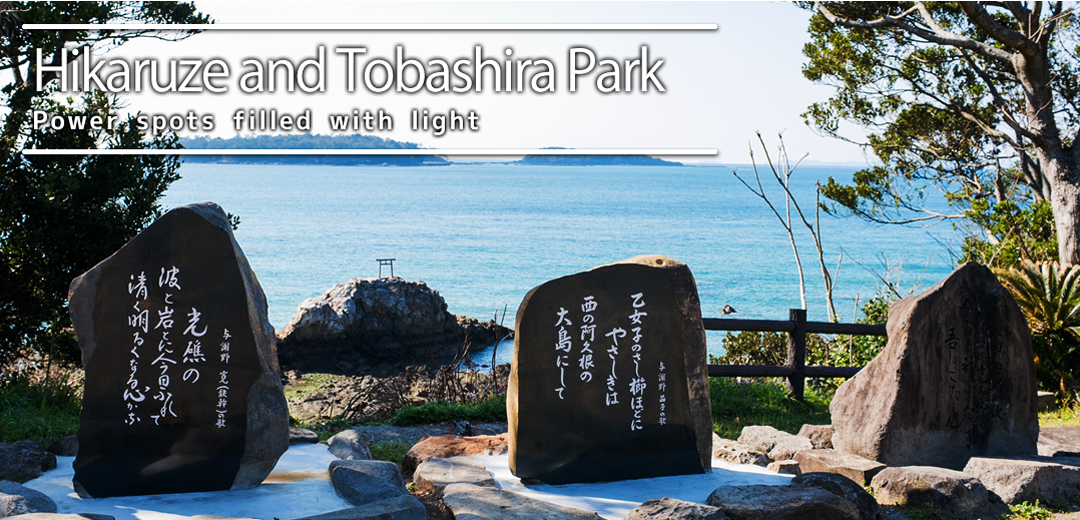
“I saw the waves and rocks of Hikaruze today; they seem to have a radiantly blue spirit”
This poem by Tekkan Yosano was written about a famous location in Akune known as “Hikaruze.”
A place where the reefs are said to emit light like a full moon, it has a mysterious aura about it that brings “healing.”
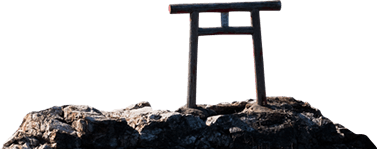
Within Akune there is a reef known as “Hikaruze.”
In the past, there was a mountain called Tobashira-san, which had a shrine on it called “Tobashira Myojin” dedicated to the god Susanoo-no-mikoto.
On the coast of this mountain there were two huge stones that glowed with mysterious light. Because of this, the people came to refer to these stones as the “divine lights” of Tobashira Myojin, and they started calling these rocks “gansho” (meaning ‘reef’.)
This light is one of the “Seven Wonders of Akune”, and it is said that anyone who has the luck to see this light will be blessed with happiness.
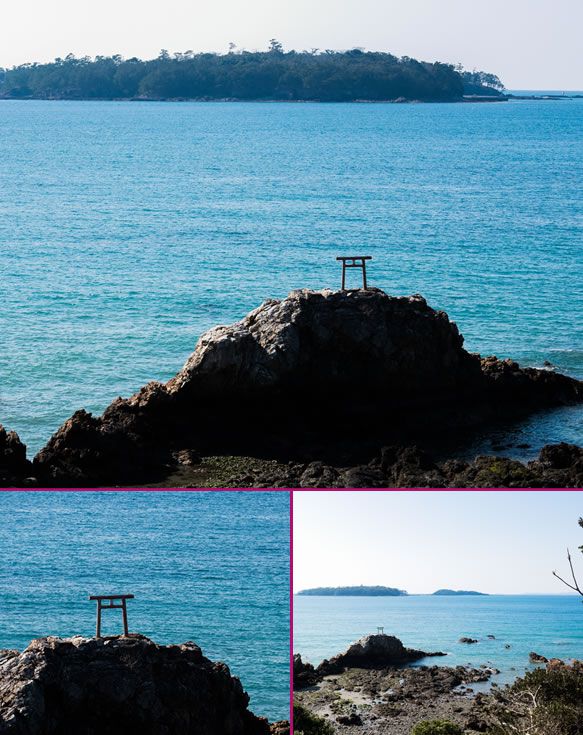

There are numerous places and things in Akune that have been called the "Seven Wonders of Akune" ever since long ago.
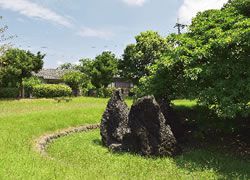
Several hundred meters inland from the coast there is a location called Haru with numerous large reefs that are referred to as "Kurokami-iwa". It is believed that these reefs are from a time long ago when this area was covered in ocean; previously they were treated as simply part of the neighboring rice paddy fields, but now they are maintained as a park.
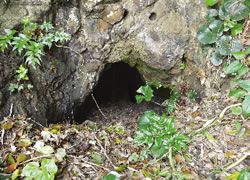
These are caves in Sakatahana, the western part of the Sakata district. The entrance is very small, but the inside gradually widens and branches off into numerous different pathways. In the past it is believed that cave-dwellers lived here, and also that the cave connects all the way to the Koshikijima Islands.
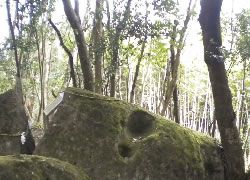
In front of the Hachiman-gu Shrine in the Yamashita district there is a massive rock with a 60-cm foot-shaped depression in it, which is where this wonder's name comes from. According to legend, a tengu was being instigated by some villagers, so it tried to jump all the way to Akune Oshima. It is said that this is the rock it jumped from, the force of its jump creating the imprint in the rock.
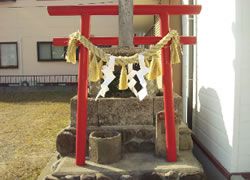
These were salt flats that were formed around 7,000 years ago when water flooded this region and then later evaporated after the coastline receded. Presently due to land management there are no traces left, but the Shiogama Jinja shrine in Kata Ward is dedicated to it.
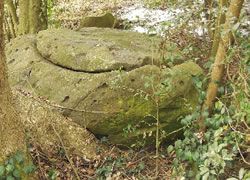
Long ago, it is said that the rudder of a wrecked ship drifted onto the Origuchi Coast and then turned into a rock. Unfortunately, it is currently buried in sand and not visible. The photo is the cauldron that was loaded on top of the ship, the 'Nabeishi' which is said to have turned into stone.
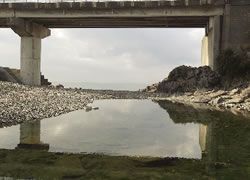
This is a river that runs through the Okawa region. The river's mouth is blocked by pebbles from the coastline, and because of this it is called "Shirinashigawa" ("Shirinashi" roughly means "no exit"), and additionally the region is sometimes called the Shirinashi region because of this. At present, due to highway bridges and levee protection works, you cannot see it very well.
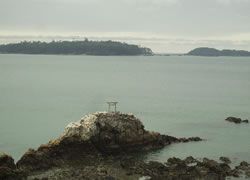
It is said that this reef emits a mysterious light when you gaze over the ocean at Akune Oshima. Fortunately, there are records of this light by people who have seen it throughout history. A poem by Hatta Tomonori: "When I was asked why Hikaruze glows, I replied "Surely it is the work of the gods."

Past the townscape of Akune, along the coast is Tobashira Park.
From here you can look at Hikaruze and imprint its solemn appearance into your memory.
Beyond Hikaruze is Akune Oshima island, which has different appearances throughout the seasons that you can enjoy.
There are two shrines nearby which serve as some of the best power spots in the city: Tobashira Jinja and Gokoku Jinja.
There are 3 tanka inscriptions standing there.
One of them is a poem by the Meiji poet Hatta Tomonori.
This single-line poem by Hatta Tomonori is recorded in the book "Sangoku Meisho Zue." The poem itself is about the mysterious light that Hikaruze emits.
“ When I was asked why Hikaruze glows, I replied "Surely it is the work of the gods." (Hatta Tomonori)
To the side, there are tanka poems by Tekkan Yosano and his wife Akiko Yosano, standing as though lined up.
“I saw the waves and rocks of Hikaruze today; they seem to have a radiant blue spirit” (Tekkan Yosano)
"In the west you can see Akune’s Oshima; it is elegant like a young lady’s ornamental hairpiece.” (Akiko Yosano)
In the 4th year of the Showa Period (1929), Tekkan Yosano and his wife Akiko Yosano traveled throughout the various parts of Kagoshima Prefecture.
During December of that same year, he and his wife left behind these two poems in the publication "Kirishima-no-uta" (Poems of Kirishima)
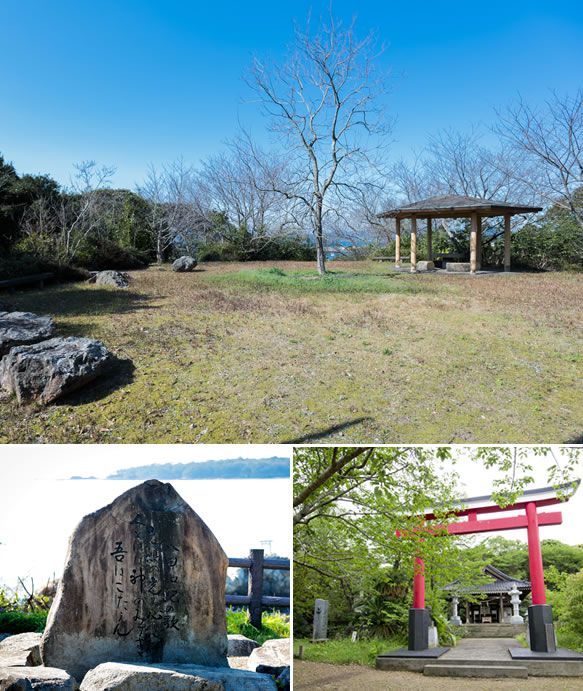
Haru, Akune City